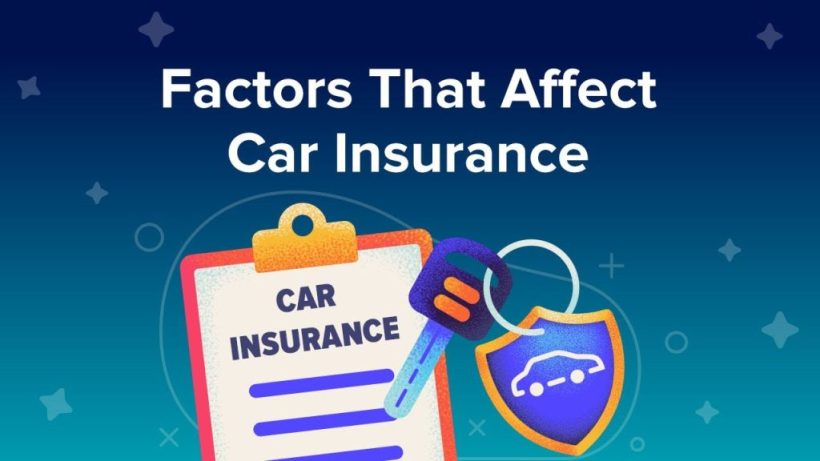There are rating factors that are used to determine individual customers’ level of risk when calculating insurance premiums. The same rule is applied to car insurance premiums as well. Drivers with a clean record typically get lower rates.
But aside from that, car insurance premiums are also determined based on the value and age of your car and the actions or decisions you make as a driver. The pricing is determined by how likely a person will file a claim. The lower the risk you are perceived to be, the lower your car insurance premiums are likely to be.
Car insurance rates vary from one insurance company to another. You will find that a quote you get from one company may be different from another company for just the same coverage. You can visit here to find affordable auto insurance agencies.
Below are key factors often used by insurance companies to calculate car insurance premiums:
1. Driving History
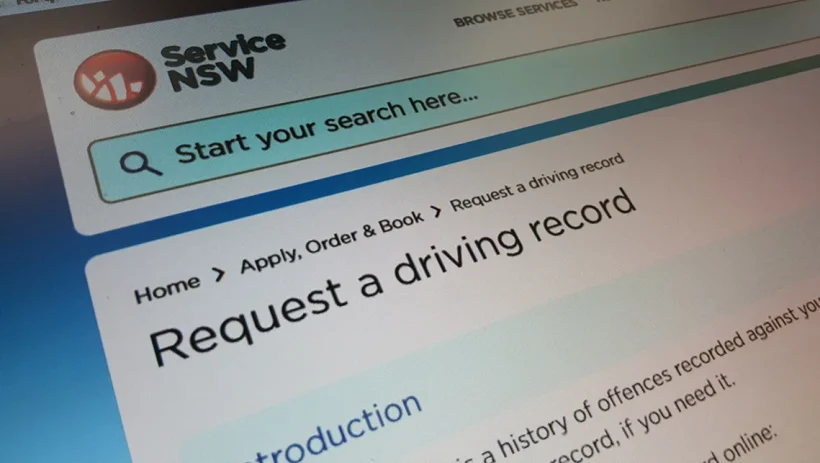
A driver’s history will determine the car insurance rate they’ll be charged. For instance, if you have a history of traffic violations, drunk and reckless driving, expect your insurance premiums to increase. If you’ve got a record of car accidents, your car insurance costs are likely to be higher than that of a person with a clean record.
2. Location
Your location and where your car is parked overnight can impact your car insurance premiums. People living in urban areas tend to pay more insurance premiums because urban areas are more prone to incidents of theft, vandalism, and accidents than rural areas. Cars parked in secure garages are also considered safer than those parked outside. Your area’s traffic patterns and weather conditions will also affect premium rates.
3. Gender
Some insurance companies consider gender when calculating insurance premiums. Young women tend to pay less than their male counterparts because they are perceived to be more careful on the road. However, older adults are regarded to carry the same risk, so the prices even out as young people become older.
4. Policy Type
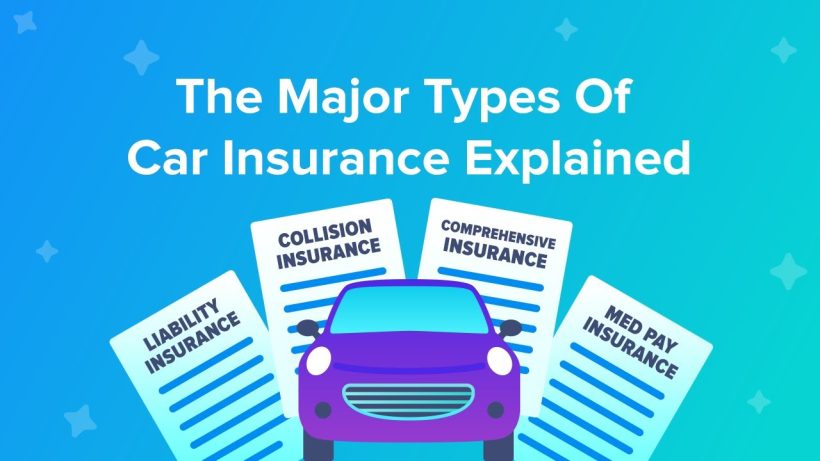
The type of car insurance policy you take will affect your premiums. For example, a third-party liability car insurance policy will only cover your legal liabilities from third-party claims, not for damage to your car or any injuries you sustain. On the other hand, a comprehensive cover will cover both you and third-party liabilities. Therefore, a comprehensive car insurance policy is more costly than third-party liability car insurance because its risk coverage is more extensive.
5. Limits And Deductibles
A limit is the total amount that your car insurance policy covers, which can be adjusted depending on your needs. The more coverage you get, the higher the premiums will be.
A deductible is a sum you’ll shoulder in case of an insurance claim. The amount of deductible you take will determine the rate of insurance premium you’ll pay. For instance, if you believe you’re a careful and cautious driver, then it’s safe to bet on yourself by taking a higher deductible. The higher the amount, the lower the premium. It is, however, advisable that you get a deductible for an amount you can comfortably come up with in case of a claim.
6. Mileage
Insurers always take into account how much you use your car. Drivers who use their vehicles occasionally or commute short distances are likely to be charged less than those who use their cars every day and travel long distances. If, for instance, you use your vehicle a few times a week to run errands within a short radius on a less busy road, you’ll be regarded as low risk. You’ll attract lower car insurance premiums. Less mileage means less exposure to road accidents.
7. Age And Experience
Insurance companies regard young or new drivers as high risk. They are deemed more likely to be involved in car accidents; thus, they are charged higher insurance premiums than older and more experienced drivers.
Insurers also charge new drivers with higher premiums because they don’t have a reference history to assess their risk. Experienced drivers with good records are deemed less likely to make mistakes on the road and hence enjoy lower rates.
8. Type Of Vehicle
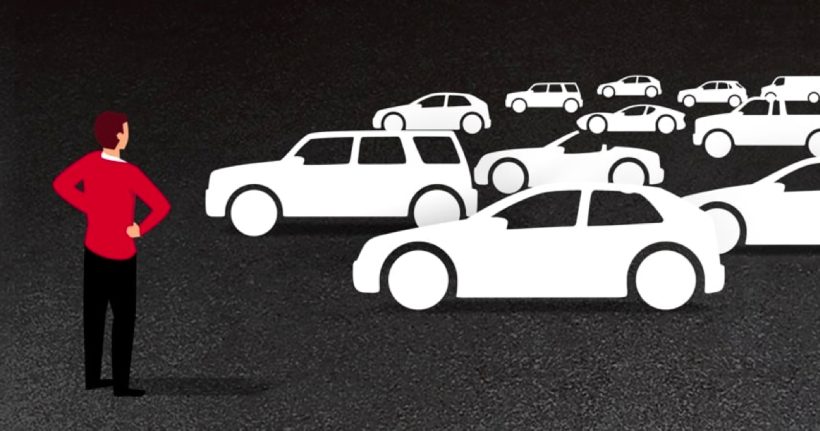
The type of car you own is a determinant when car insurance is being calculated. For instance, sports cars are generally regarded as riskier than standard cars. Their cost of repair is usually higher than regular cars. Higher-powered engine vehicles also attract higher premiums than the ones with lower engine capacities. Your car insurance will also be affected by the fuel you use. Different rates apply for petrol, diesel, and compressed natural gas. And if your car is fitted with anti-theft devices, insurance companies might be willing to give discounted rates.
9. Claims History
Insurance companies check your previous insurance claims as this can also affect the cost of your premiums. They take into account the claims you file and those filed against you. If you filed too many claims within short intervals, most insurers would take this as a red flag and would either raise your premiums or not renew your coverage at all. And if the claims filed were due to damages or accidents you caused, you can expect to pay higher premiums.
10. Credit Score
Almost every insurer will check your credit score before giving a final quote on car insurance premiums. Insurers will run your credit report through an algorithm and use the results to determine if you’re a good payer and whether or not your finances are in order. With a good credit score, insurers are more willing to offer you competitive rates.
11. The Insurance Company
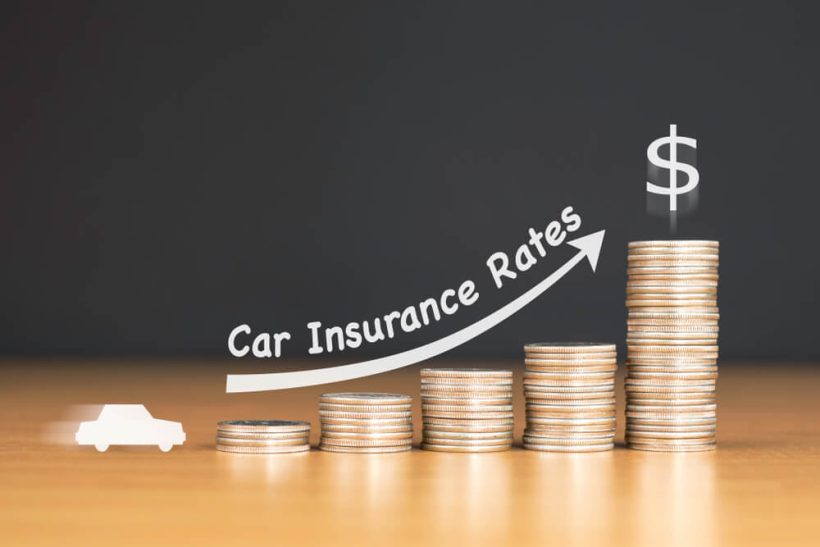
While many factors affect your car insurance rates, the insurance company you choose also plays a role. Rates vary considerably from company to company because each one calculates risks differently. So, before settling on your preferred car insurance provider, do your research and shop around extensively. This will guarantee you the best deal.
Conclusion
Knowing the factors that determine your insurance rates can help you anticipate the costs and be prepared in any way you can. For instance, knowing that your driving history can affect your rates will make you a more cautious driver. Improving your credit score can also work to your advantage. Some insurance companies even give significant discounts to customers who maintain a clean driving record over a set period.

